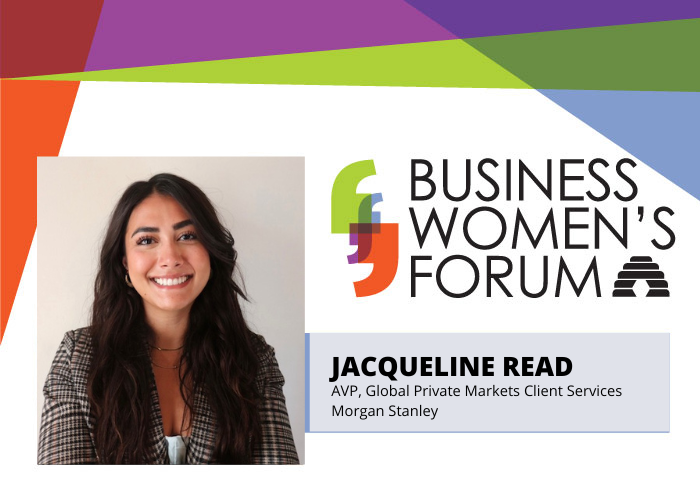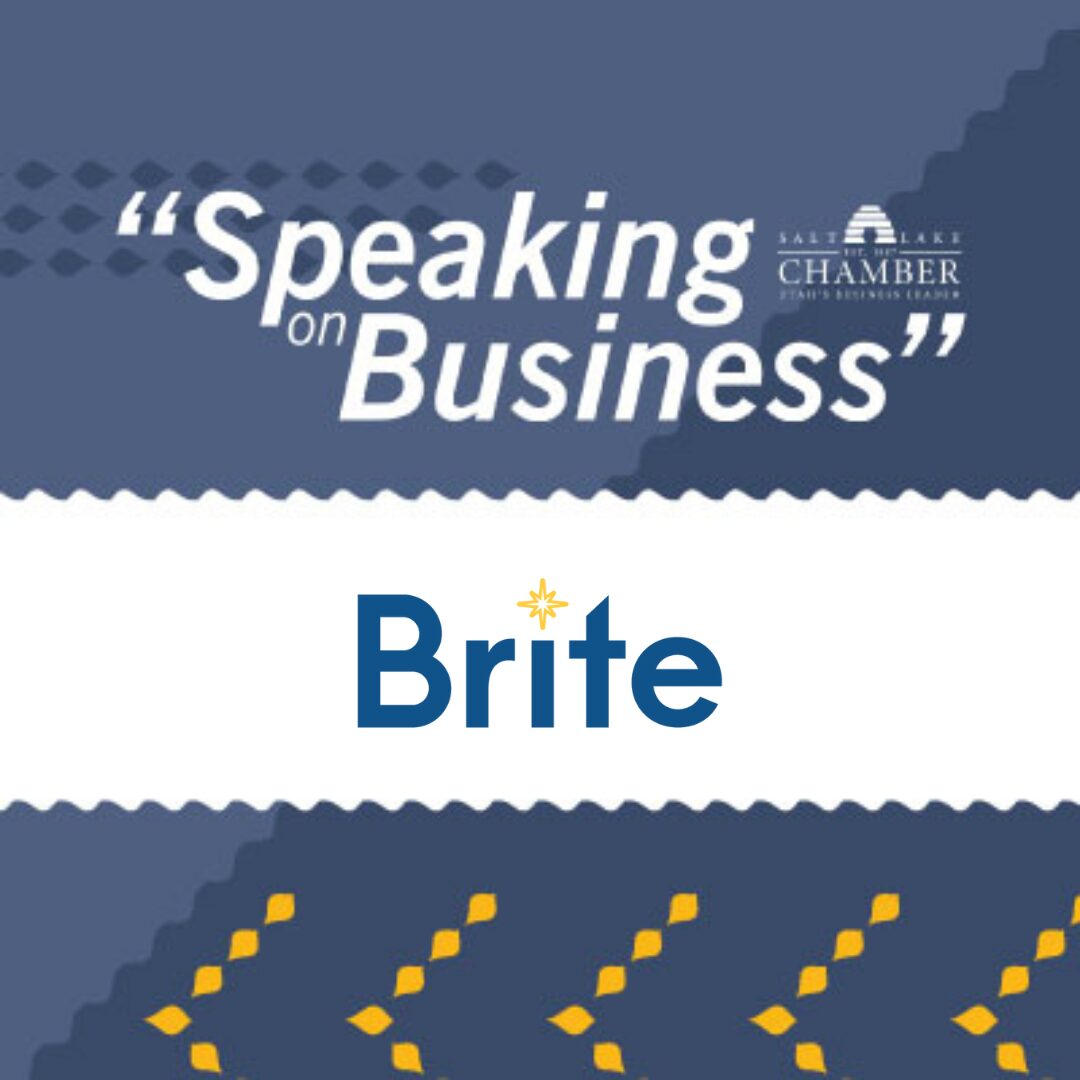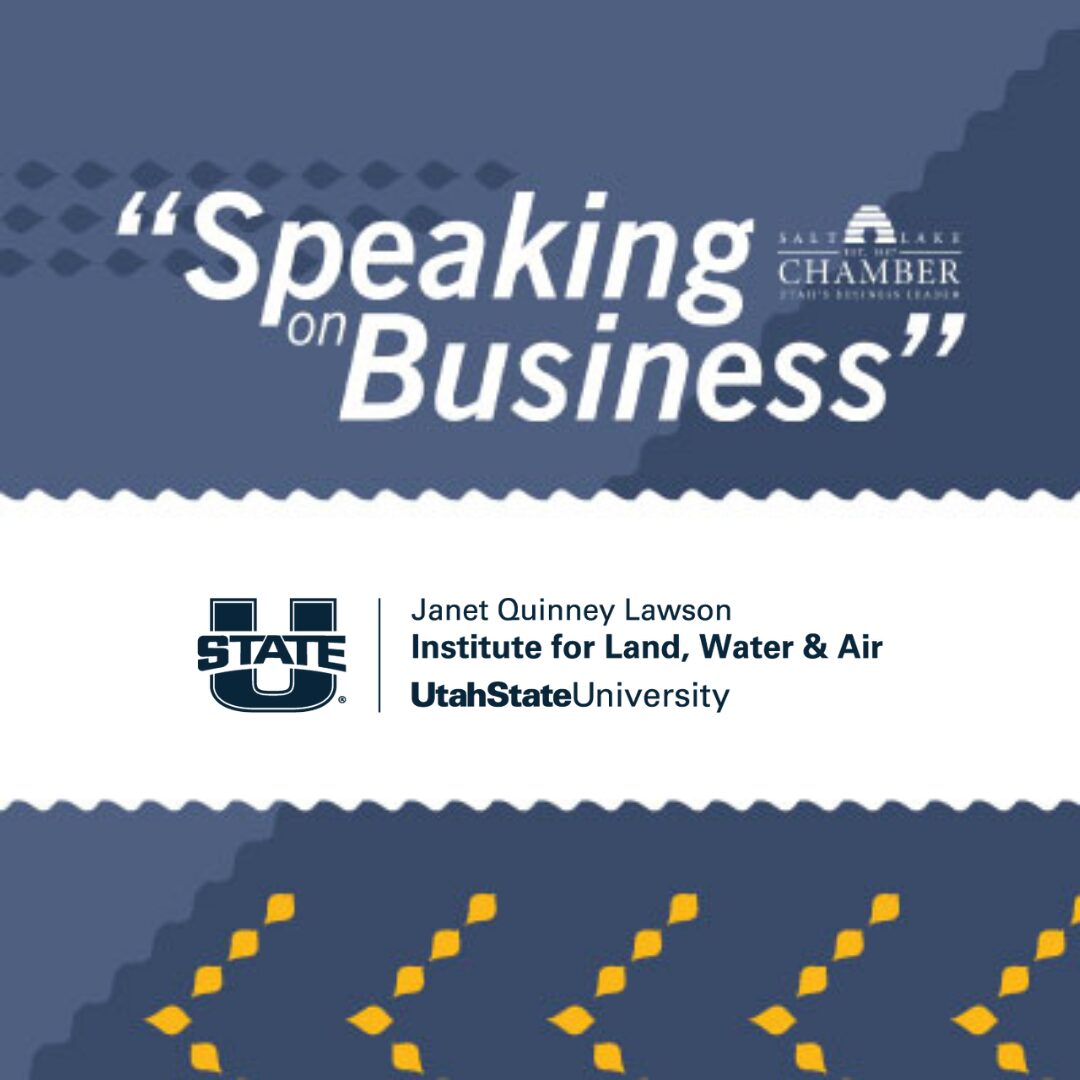There was a time early in my career when I felt horribly unimpactful at work. I would sit in conference rooms with colleagues and await a pause in the conversation where I could contribute to the group. Eagerly, I wanted to contribute, but time and time again, I was interrupted or ignored. I felt afraid that my team didn’t need or value my input. When I was heard, I was met with blank stares; for example, someone would recommend the same plan of action that I had just presented, but rather than receiving an indifferent reception, their plan was met with encouragement and support. I couldn’t understand what it was about me that prevented my team from taking me seriously.
One day, years later at a new company, a speaker was brought in to discuss implicit or unconscious bias in the workplace. During this meeting, the speaker referenced scientific studies from Mahzarin R. Banaji, a Harvard psychologist who has done extensive research “on mental systems that operate in implicit or unconscious mode.” The point of the discussion was to address that everyone, whether they realize it or not, has implicit biases against other groups of people that stem from previous experience, the culture they are surrounded by and other factors.
One example used from Banaji’s research was the associations between gender and career mobility and how it became explicit in her finding that men and women were perceived differently by their peers. Intrigued by the parallels to my previous work experience, I left the meeting feeling that, for the first time, the treatment I had experienced professionally was not based on my inadequacies, but perhaps stemming from something larger than myself entirely. That was the beginning of my introduction to “The Authority Gap”.
“The Authority Gap,” a term coined by Mary Ann Sieghart, acknowledges the gap that measures how much we still take women less seriously than men. Her book, by the same name, details this phenomenon and highlights experiences of successful women worldwide who have been dismissed, regardless of their expertise and accomplishments, simply based on their gender. Sieghart includes her experience facing this type of discrimination, even while being paid to present her findings on this topic.
In the book, Sieghart said, “Here was an older man telling me, ‘Don’t make a fuss, little girl, you don’t really know what you’re talking about.’ And here was I, having been invited to present him hundreds and thousands of women’s stories, in their own words, about the reality of their daily lives, which he couldn’t know about as a very powerful man.”
Having my experience validated by powerful women in all types of industries made me feel more hopeful for my career. Although there were stories of discrimination, there were also stories of perseverance, allyship and advocacy. For each story about a woman being underestimated and discounted, there was another one of women combating stereotypes by being the best in their field, commanding respect and refusing to be ignored.
There is change coming in our culture about how women are seen in the workforce, and though it may feel too slow at times, there is comfort in knowing it is on the horizon. Today, I don’t feel the same inadequacies I faced early in my career. I give credit to this change to the women leaders who paved the way before me, to the men who advocate for me and to myself for the hard work I put in every day to become an expert in my field. I also credit the women who have dedicated their lives to researching these systemic biases and educating men and women on ways to challenge these biases and bring about change. As time passes and more women are appointed to leadership positions, the authority gap shrinks a little more.
About the Guest Writer:
Jacqueline Read is originally from Houston, Texas and moved to Utah over 10 years ago. She has a bachelor’s degree in English from Brigham Young University-Idaho, and is an Assistant Vice President for Global Private Markets Client Services for Morgan Stanley. Though her role now focuses on equity compensation and client services, she also has professional experience in Human Resources and Professional Writing. Jacqueline is also a Contributing Writer for SlugMag, a local Utah magazine, where she volunteers writing articles centering small businesses and events native to Utah.
*Any reference obtained from this blog to a specific initiative, issue or topic does not constitute or imply an endorsement by the Salt Lake Chamber. The views and opinions expressed in this blog do not necessarily reflect those of the Salt Lake Chamber.


